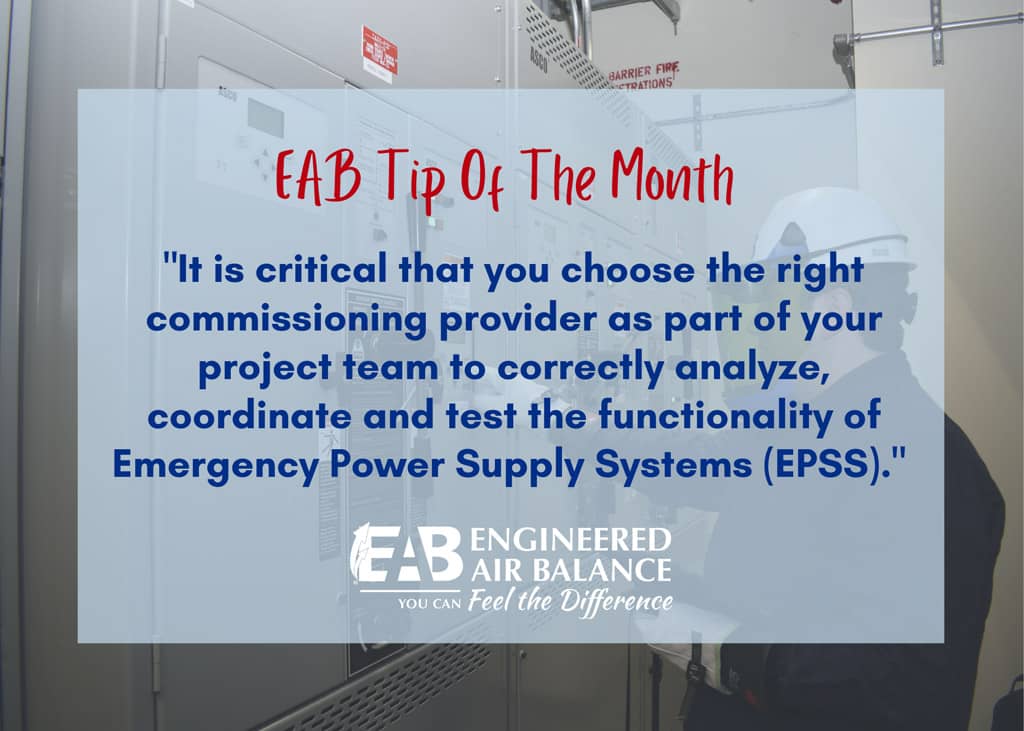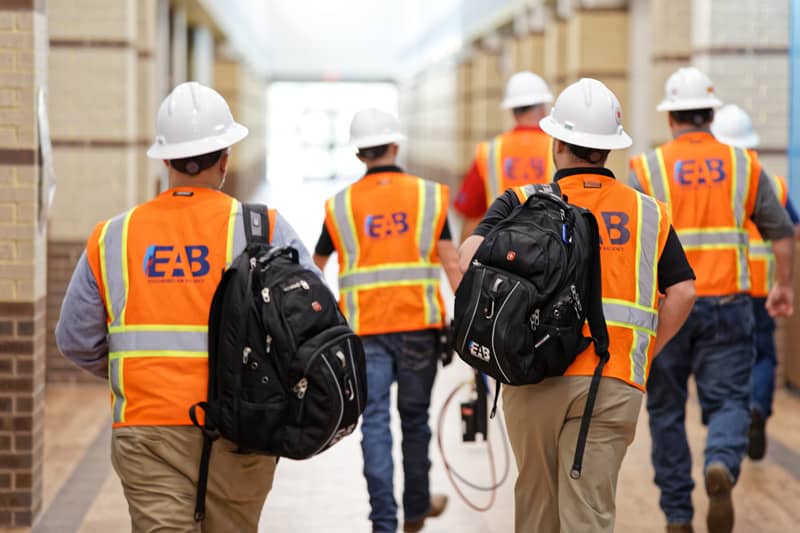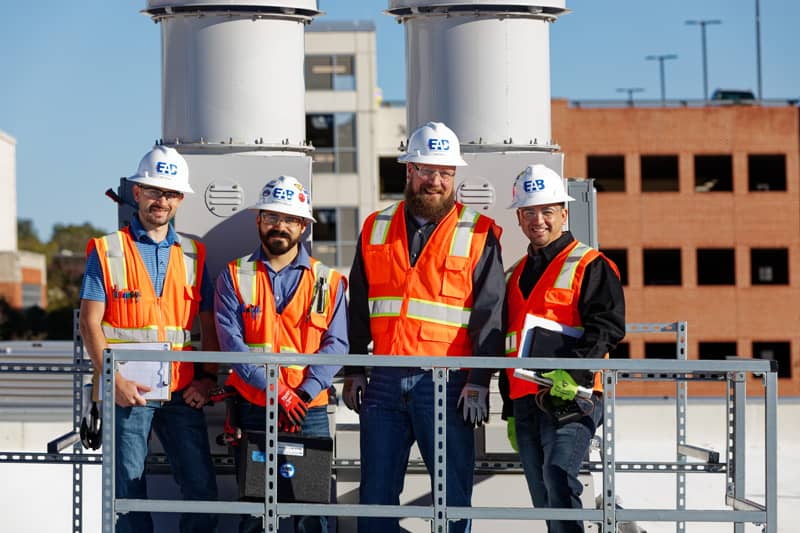
Understanding EPSS in Critical Environments
Emergency Power Supply Systems (EPSS) are indispensable in healthcare, research, and mission-critical facilities. These systems ensure uninterrupted power during natural disasters, severe weather events, or unexpected utility outages. While the necessity of EPSS is widely recognized in the design and operation of commercial buildings, the intricacies of their interconnected systems are often underestimated.
The core components of a robust EPSS include Generators, Paralleling Switchgear, and Automatic Transfer Switches. However, the efficiency of an EPSS is not solely dependent on these elements. Although frequently overlooked, critical subsystems such as fuel delivery and mechanical ventilation play a pivotal role in the functionality of the EPSS. These subsystems, typically designed by diverse engineering disciplines and installed by different trades, require a thorough understanding of their interconnections to ensure seamless operation.
The Role of a Skilled Commissioning Provider

This is where the expertise of a proficient commissioning provider becomes invaluable. A competent commissioning team is essential to bridge the gaps between various disciplines and ensure the integrated systems work harmoniously. Their role is to analyze, coordinate, and test the functionality of these systems, guaranteeing their reliability in critical situations.
How EAB Can Make a Difference

At EAB, our commissioning team brings a wealth of experience in scrutinizing, analyzing, and functionally testing intricate EPSS configurations. Our expertise ensures that your emergency power systems are primed to perform when it matters most, safeguarding your critical facilities. Experience the EAB difference as we commission your emergency power systems, ensuring peace of mind and operational continuity.
